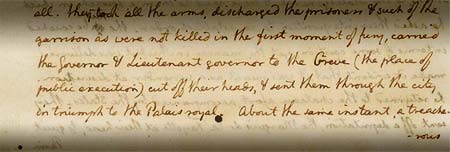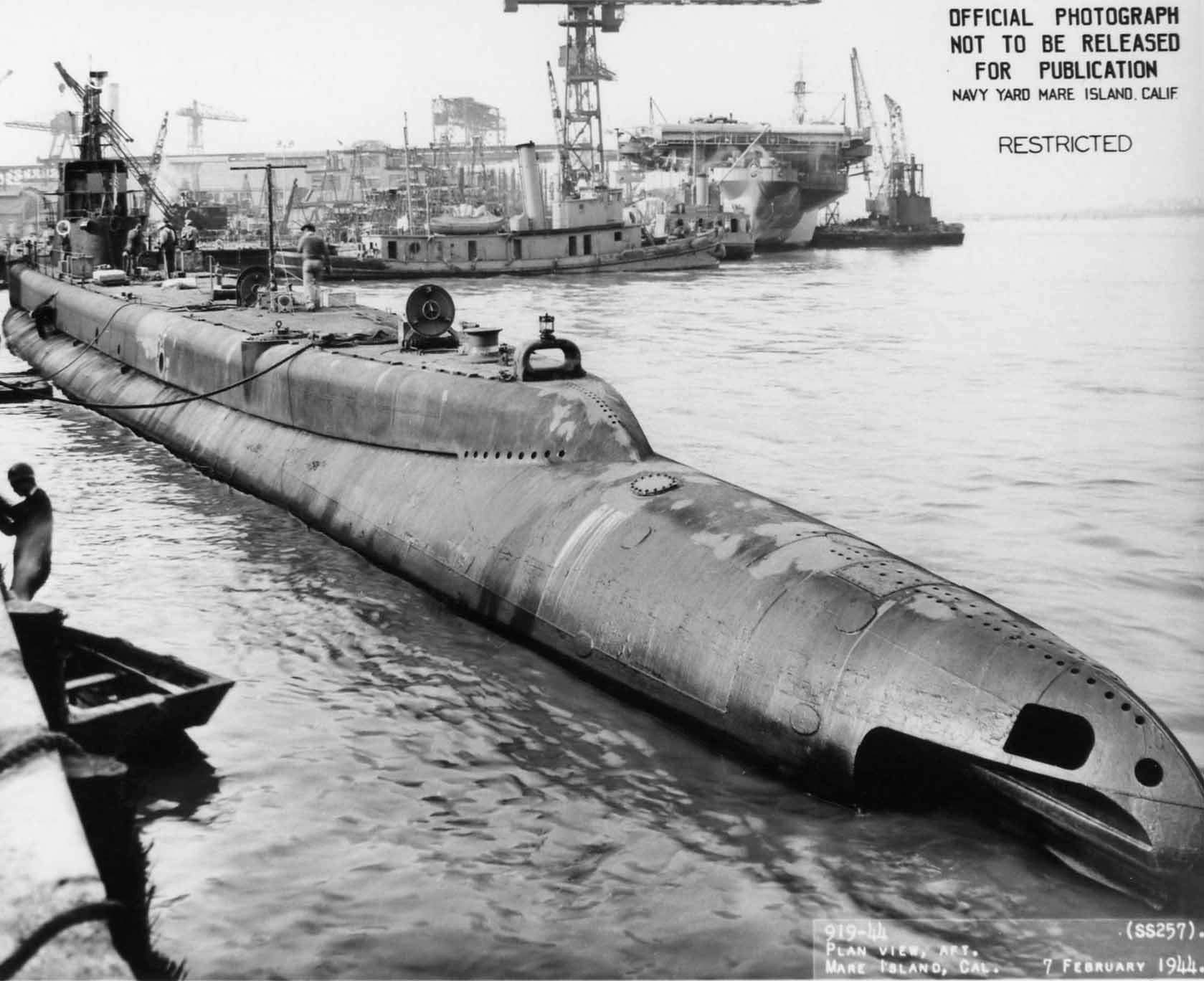There is no master plan of History.
Events happen, we witness and, later, we try to make sense of them.
When tragic or momentous events do occur, we often seek to forgo patience for prescience. We want it all to make sense now. We want order and meaning restored.
In an age when reporting has mostly given way to analysis, a look back into history suggests that observations and facts are far more valuable since true perspective can only come with time.
As an example, I came across this letter written by Thomas Jefferson 218 years ago today:
It is vivid and striking not only because of its rich details but in its lack of any superfluous prognostication or color commentary. It’s just the facts written by a shaken but brilliantly coherent observer.
The letter describes an angry mob storming a prison, taking up arms, freeing captives and beheading authorities.
Jefferson, for all of his intellect, cannot see beyond that moment. So he writes for it. It’s what a good reporter would do.
He stands amid the chaos watching the instant one of the world’s most powerful countries begins to furiously unravel at the seams.
He witnesses the genesis of something before its consequences can be known, or before the master plan can be seen – even before it has a name: The French Revolution.





